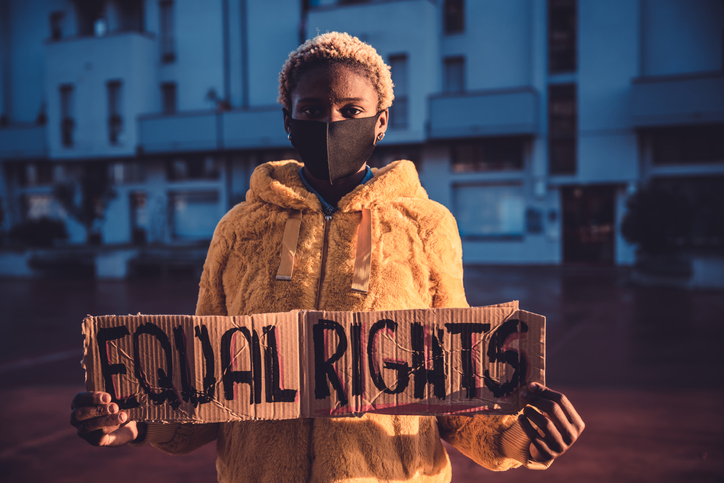
Source: LeoPatrizi / Getty
When one speaks of the Civil Rights Movement, a single name rises to the top of everyone’s lips: Dr. Martin Luther King Jr. As it should, because he was a man who put everything on the line – and ultimately paid the biggest price – to fight for social justice. In fact, MLK went to prison nearly 30 times during his crusade. Each of his brush-ups with the law are detailed on the Stanford University website. MLK was undeniably the face of his movement, but one can’t help but wonder, had women (particularly Black women) enjoyed a better standing in society at that time, would a woman have been the face of the Civil Rights Movement?
There were certainly many women who were fighting alongside MLK. But, they were women in the 1950s and 1960s. Women were seen as lesser-ranking members of society. Black women suffered even worse treatment by society. The world was not prepared to lift a Black woman into the spotlight, and so many of the brave Black women who were just as active as MLK didn’t make it into the history books. But women perhaps put more on the line by speaking up than any man ever did. The antagonists of the Civil Rights Movement showed no mercy to the weaker members of society. Even children were arrested and harmed during protests, according to NPR. It was a scary time to speak up at all, even more so as a woman, and even more so as a Black woman. However, these very women did just that. Here are the women who marched alongside MLK in the Civil Rights Movement.
Coretta Scott King
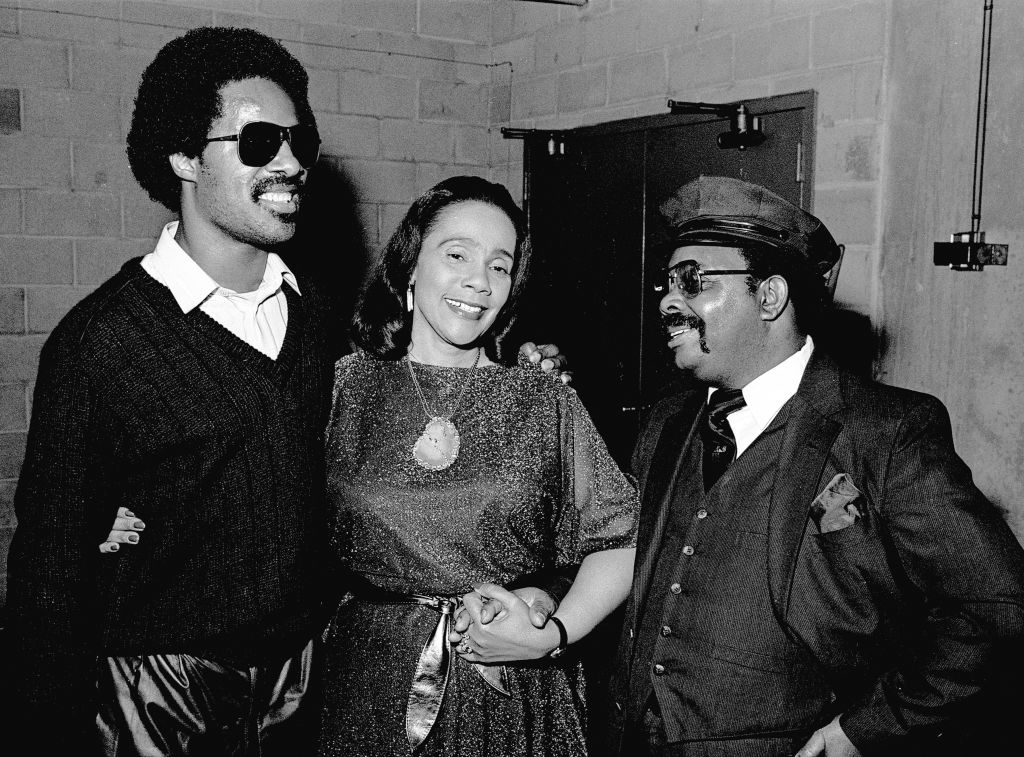
Source: Rick Diamond / Getty
We can’t make this list without including MLK’s own wife, Coretta Scott King. She stood by a man who had a target on his head every day, and so by association, so did she. Coretta was not just an accessory to her husband; she was the glue that kept the movement together. Following a bombing of their Montgomery, Alabama home in 1956, Coretta insisted on remaining in Montgomery. MLK has famously said that if Coretta had left, he would’ve gone with her, and there may have been no Montgomery bus boycott, which involved thousands of African Americans refusing to take public transit due to seating segregation. In the memoir penned by Barbara Reynolds about Coretta, Coretta famously said she wasn’t just married to MLK the man – she was married to the movement.
Leah Chase
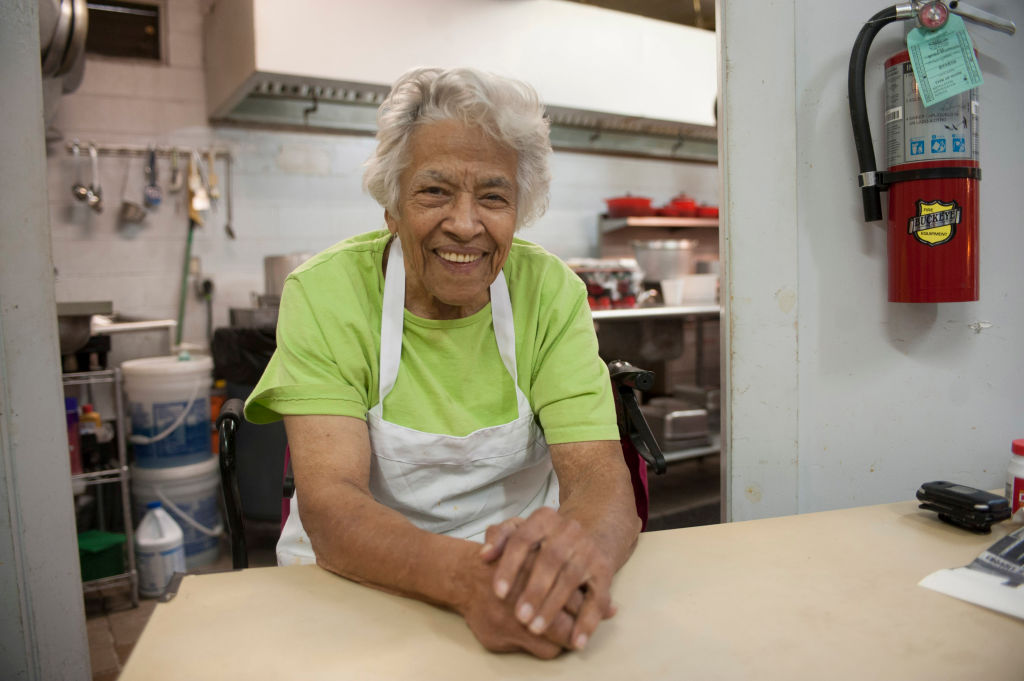
Source: Paul Natkin / Getty
Leah Chase’s work was more silent than some of the others listed here, but no less important. Leah Chase was a beloved New Orleans chef and the owner of the Dooky Chase restaurant. Chase warmly welcomed key players in the Civil Rights movement into her restaurant including MLK, members of the Student Nonviolent Coordinating Committee and more. But perhaps the biggest thing she did was welcome diners of all races. And in that act of defiance, she did her part to fight segregation by hosting large interracial gatherings when nobody else would dare. Her notable status in society protected her establishment from being shut down.
Ella Baker
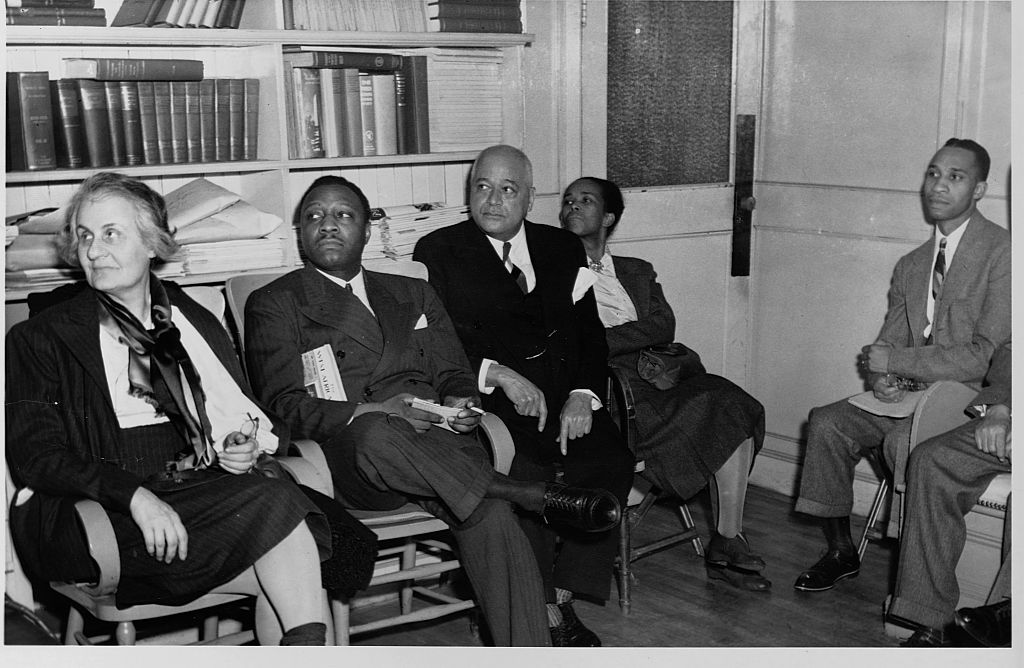
Source: Library of Congress / Getty
Ella Baker worked behind the scenes as the lead organizer of the Southern Christian Leadership Conference, an agency fighting for civil rights founded by MLK. Baker was also one of the forces behind the Student Non-Violent Coordinating Committee. She believed strongly in the fact anybody could be a leader, which is why she had her nickname “Fundi,” a Swahili word that translates loosely to “A person who teaches the next generation.” She organized countless sit-ins with college students through the 1970s. Baker also co-founded the organization In Friendship, which fought Jim Crow laws in the deep south.
Jo Ann Robinson

Source: Bettmann / Getty
Rosa Parks is a name you hear often when discussing racial segregation on public transit, but Jo Ann Robinson was just as important in the desegregation fight. Historians call her the creator of the Montgomery bus protest, as she was a lead organizer who participated in the protest and faced violence and intimidation as a result. Robinson would eventually go onto be the president of the Women’s Political Council in Montgomery and made desegregation of the buses one of her first orders of business.
Dorothy Height
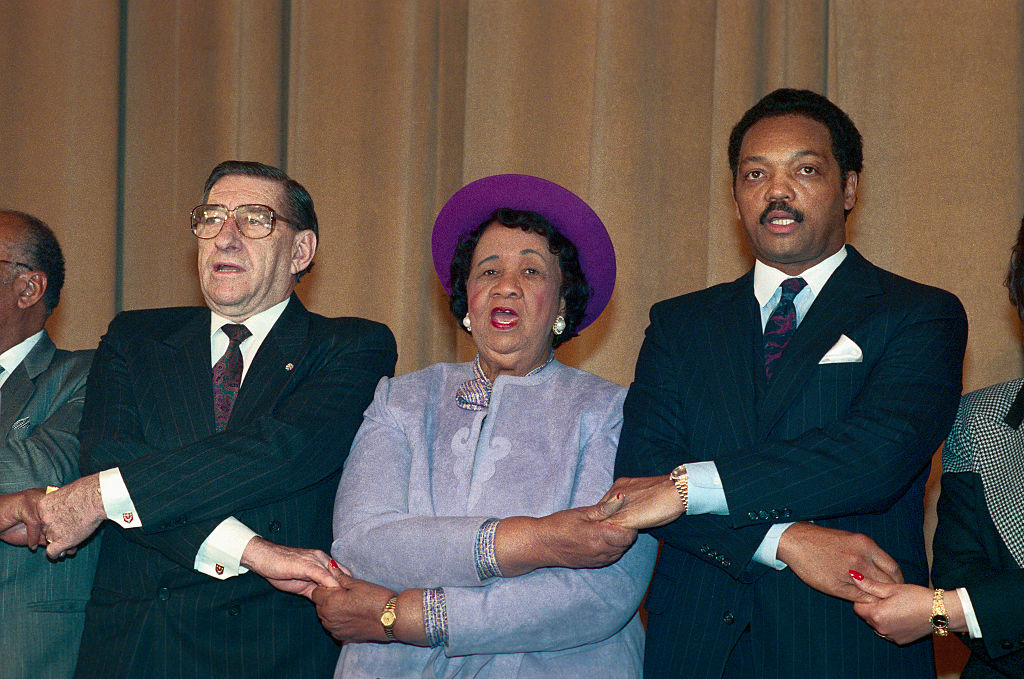
Source: Bettmann / Getty
Discussions about civil rights often center around the 1950s through the 1970s, but Dorothy Height took part in the fight long before it grabbed the media’s attention. As early as the 1930s, Height was an anti-lynching activist and fought for reformations in our criminal justice system. As the president of the National Council of Negro Women for 40 years, Height also worked on issues like unemployment, illiteracy and voters’ rights in the Black women’s community. Her path did merge with MLK’s in a major way, as Height was a co-organizer of the 1963 March on Washington, where MLK gave his “I have a dream” speech.
Dorothy Cotton
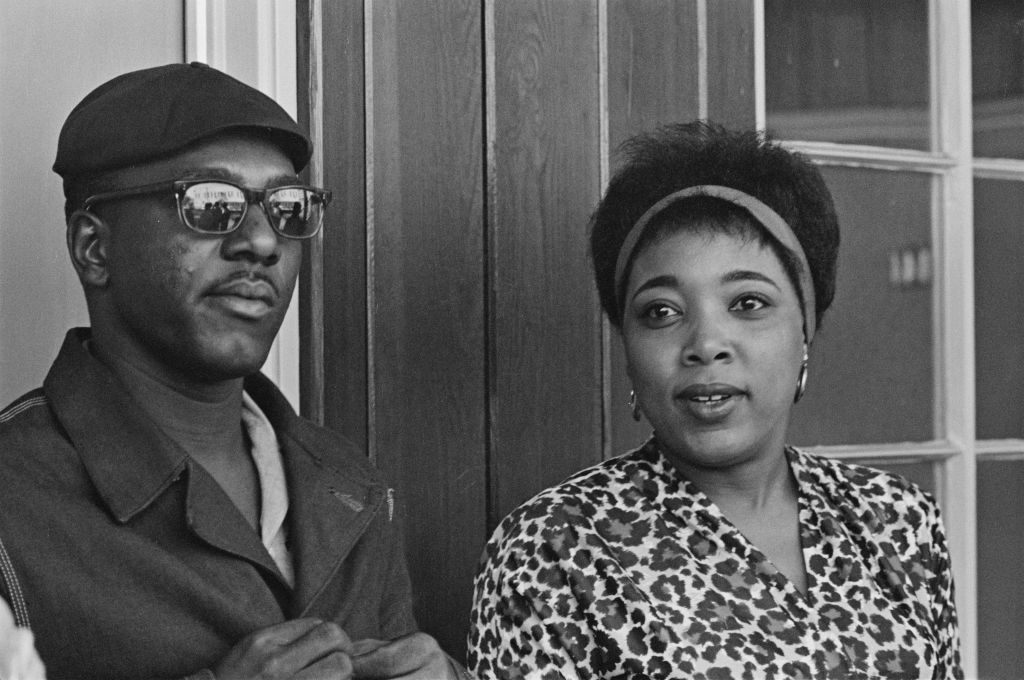
Source: Michael Ochs Archives / Getty
Dorothy Cotton was a key organizer in the Southern Christian Leadership Conference. Cotton was the leader of the education program for 12 years and empowered countless African Americans to vote. Cotton also helped organize the 1963 Children’s Crusade in Birmingham, Alabama, in which African American schoolchildren marched for civil rights. Cotton would go on to become the Vice President for Field Operations at the Martin Luther King Jr. Center for Non-Violent Change and to receive the National Freedom Award from the National Civil Rights Museum in Memphis, Tennessee.


0 Commentaires